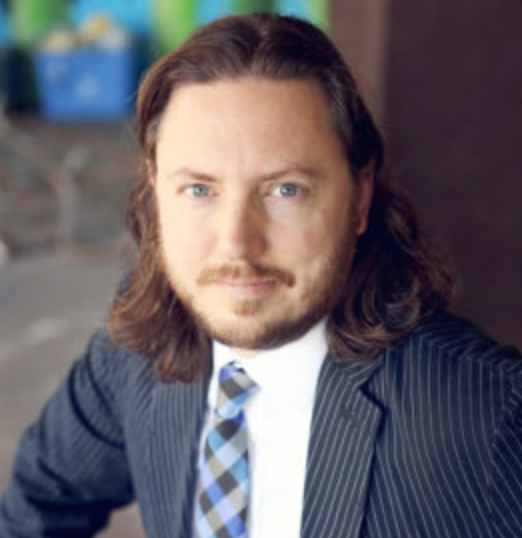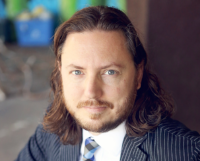Is a universal community under one religion possible?

Question & Answer
Q: By A Reader
Can this (Christian) faith create a new institutional form that fosters a truth-seeking, universal community?
A: By Joran Slane Oppelt
Dear Reader,
I don’t believe that any one spiritual tool, practice or teaching will satisfy the needs of everyone on the planet. A universal community under the umbrella of one religion is a Utopian ideal.
Pluralism and religious diversity increasingly allows for the inclusion of many voices and has shown us the promise of a world where those voices live side-by-side. Conversely, the corruption and abuse of power within the ranks of Catholicism (universal church) has shown this and future generations the dangers of gathering too tightly under one umbrella and ceding our values to a powerful few – something Jesus himself warned against.
Secondly, if by “truth” we mean the domain of the empirical and verifiable facts, then we have miles to go. We have now entered the era of “post-truth,” where all opinions are valid and all perspectives may be politicized. Seeking the “truth” means that we must agree the truth exists – that we can both look up at the sky and agree that it is blue based on testable data. The post-truth era has already caused seismic change in things like science, media, ecology, climate, social justice, race/gender studies, women’s rights and religion.
The “enlightenment” of the 17th century allowed us to separate and integrate the value spheres of beautiful, good and true. It allowed us to speak three different languages, from three distinct perspectives (I, We and It). It protected and preserved the realms of spirituality, law and science. It has kept people like Robert Mapplethorpe and Rob Bell from being burned at the stake and it has allowed things like natural science, astronomy and philosophy to flourish.
But, seeking a personal “Truth” is a dangerous proposition in post-modern times. White Christian males (those who have long held political and religious power) are being threatened by diversity and are crying out that they are the ones being victimized.
If Christianity – the full spectrum of religious experience and expression, its institutions, teachings, writings, sacraments, icons, saints, symbols, etc. – expects to survive postmodernism, it must let go of the “universal” idea and embrace the pain and discomfort of transformation.
~ Joran Slane Oppelt
This Q&A was originally published on Progressing Spirit – As a member of this online community, you’ll receive insightful weekly essays, access to all of the essay archives (including all of Bishop John Shelby Spong), and answers to your questions in our free weekly Q&A. Click here to see free sample essays.
About the Author
Joran Slane Oppelt Joran Slane Oppelt is an international speaker, author, interfaith minister, life coach and award-winning producer and singer/songwriter. He is the owner of the Metta Center of St. Petersburg and founder of Integral Church – an interfaith and interspiritual organization in Tampa Bay committed to “transformative practice, community service and religious literacy.” Joran is the author of Sentences, The Mountain and the Snow and co-author of Order of the Sacred Earth (with Matthew Fox), Integral Church: A Handbook for New Spiritual Communities and Transform Your Life: Expert Advice, Practical Tools, and Personal Stories. He serves as President of Interfaith Tampa Bay and has spoken around the world about spirituality and the innovation of religion.
He has presented at South by Southwest in Austin, TX; Building the New World Conference in Radford, VA; Parliament of the World’s Religions in Salt Lake City; Embrace Festival in Portland, OR and Integral European Conference in Siófok, Hungary.

